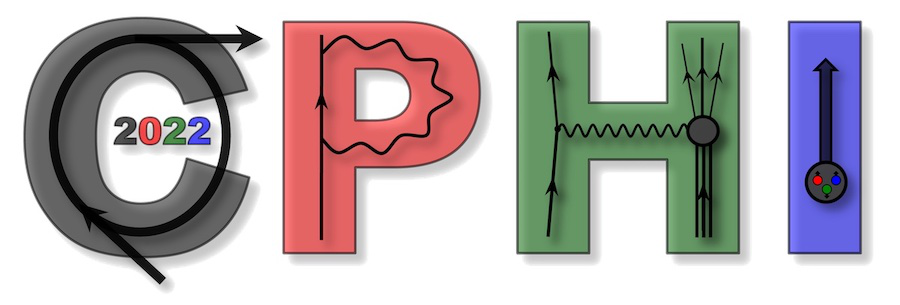After previous iterations taking place in Yerevan (2009, 2018) and at CERN (2020), we are planning for a 4 day workshop which will take place in person at Duke University March 7-10.
The workshop will take place in Love Auditorium on Duke’s West campus. This workshop venue will provide ample space for social distancing and we strive to make the workshop as safe as possible by implementing measures like masking and distancing.
In particular the following COVID protocols will be implemented
- Social distancing: All conference venues will be large enough to facilitate social distancing.
- Masking Requirements: The workshop will require masking and the use of N95 masks is encouraged
- No food or drink at the conference venue.
Please also consider the Duke guidelines for visitors relating to COVID.
Duke university is easily reached using RDU airport which is about 20 miles away and served by all major airlines. Several hotels of varying price range are located close to Duke Campus with several within walking distance and most providing shuttles to campus.
While a majority of the program will be by invitation, the organizers encourage the submission of abstracts for contributed talks. The abstracts can be submitted by following the link on the sidebar of this website. Limited funding to support travel is available.
The organizers encourage in particular early career scientists to submit abstracts and participate in the workshop. The support of early career scientists and those from underrepresented groups will be a priority when considering funding requests.
The main goal of the workshop is to discuss important and recent results on the study of the 3D structure of protons, hadronization dynamics and initial-final state correlations from JLab12, CERN, BNL, DESY and KEK experiments as well as the resulting theory and phenomenology challenges for the extraction and interpretation of TMDs and GPDs from existing data. A further focus will be to identify relevant systematic uncertainties in the measurements and to inform possible future measurements.
Registration and additional information on the workshop will be available on the workshop homepage https://indico.jlab.org/event/498/
Below are key questions that we plan to address:
Transverse Structure of nucleon and QCD issues associated with 3D structure
-
Factorization issues in hadron production
-
Study of the QCD evolution properties of 3D PDFs.
-
Unintegrated and Generalized Transverse Momentum Distributions
-
Evolution of TMDs and fits to physical cross sections
-
MC generators for global analysis of 3D PDFs
-
Phenomenology of 3D parton distribution and fragmentation functions.
-
3D PDFs from Lattice QCD.
-
Extraction of PDFs from di-hadron production.
-
Radiative corrections to hard scattering in exclusive and semi-inclusive processes
Partonic Structure beyond Densities
-
Nuclear modifications of distribution functions.
-
Target fragmentation and conditional probabilities
-
Higher twist asymmetries in SIDIS
-
New insights on 3D PDFs from non-perturbative models
Essential observables, which will direct the future experimental effort in
-
Leptoproduction with fixed target facilities at CERN, JLab and EIC
-
Drell-Yan lepton pair production and Drell-Yan plus jets
-
Higgs boson production and Higgs boson plus jets
-
Heavy flavor production
-
Soft particle production and multi-parton interactions
QCD in the Nuclear Environment}
-
PDF nuclear modifications and short-range nucleon correlations
-
Flavor dependence of nuclear modification effects
-
Nuclear partonic distributions including x>1 region
-
Tagged SIDIS processes off nuclear targets
-
Hadronization processes in Nuclear SIDIS
-
Hard nuclear QCD processes and Color transparency
Please direct questions about the conference, travel or funding to the organizers.
Miguel Arratia, Harut Avakian, Alessandro Bacchetta, Zhongbo Kang, Bakur Pasamyan, Anselm Vossen (chair)
Local Organizing Committee:
Matthew McEneaney, Kathrine Parham, Connor Pecar, Simon Schneider, Anselm Vossen
This project is supported by the Initiatives Fund Program, a JSA commitment, to support programs, initiatives, and activities that further the scientific outreach, promote the science, education and technology of Jefferson Lab and benefit the Lab’s extended user community in ways that complement the Lab’s basic and applied research missions.

